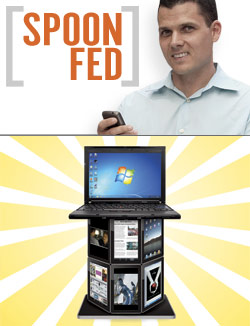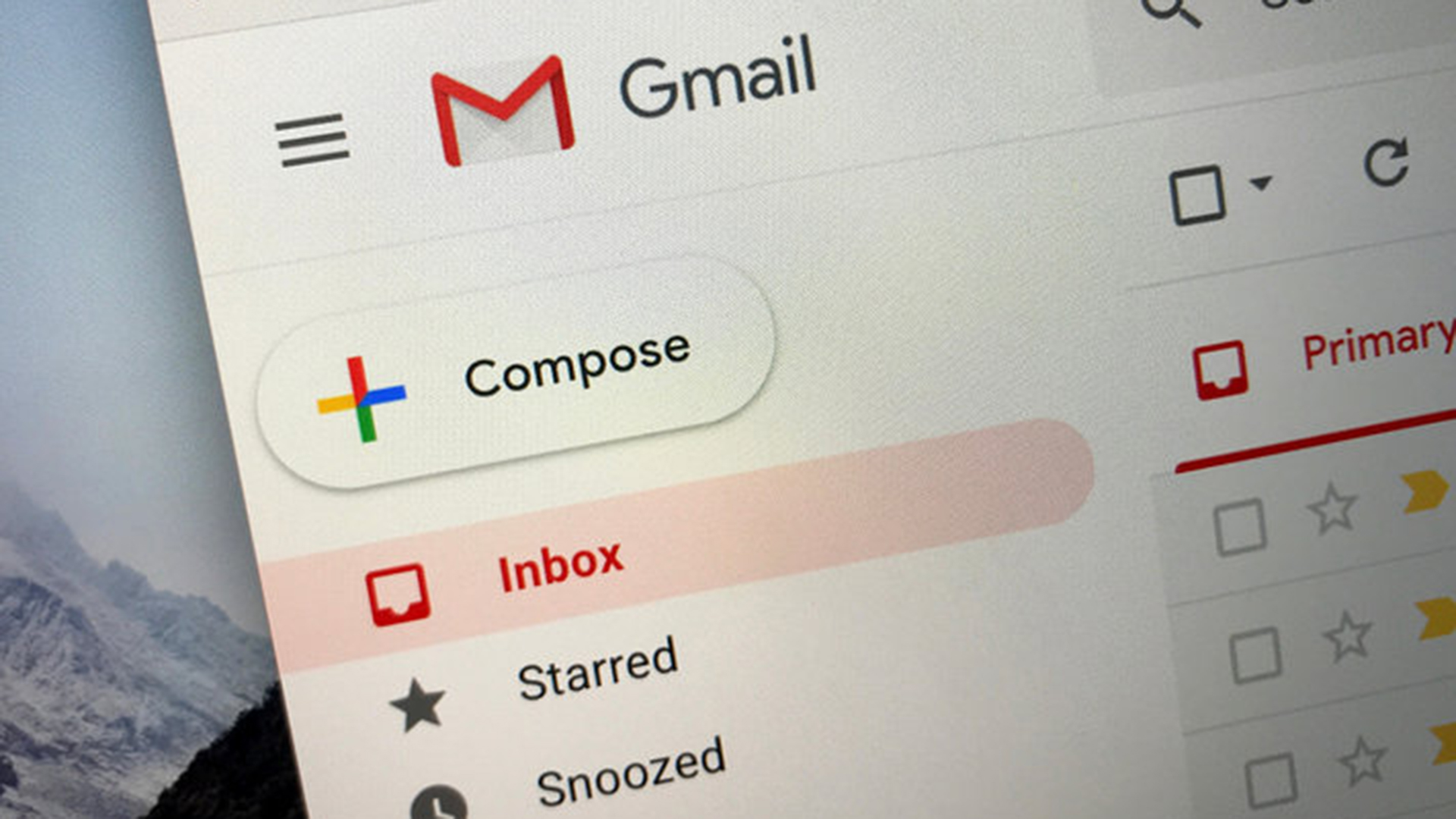Tablets Won’t Kill PCs, They’ll Make Them Better

Isn't it ironic that I'm using a laptop to write about the post-PC era? Not really, because it isn't here yet. Last week a lot was made of Apple CEO Steve Jobs' answer to a question at the D8 conference about whether such tablets as the iPad are going to replace the laptop. The way he put it, the transition has already begun, with Jobs calling PCs trucks and tablets cars. This coming from a company that sold nearly 3 million Macs in the second quarter, a 33 percent year-over-year increase. DreamWorks Animation CEO Jeffrey Katzenberg would later chime in at the conference that laptops are "yesterday's news."
So are notebooks and netbooks really dying? Call me old fashioned, but I still need a full-fledged laptop to do work, and I don't see that changing anytime soon. However, the iPad and other upcoming tablets could certainly teach traditional PCs a thing or two.
Let me give you an example of why I'm not jumping on the PCs-are-dead bandwagon. I used a MacBook Pro to blog the Steve Jobs interview while attending D8, and there's no way I could have kept up with what was being said by typing on the iPad's keyboard. Like many others, I can type fairly quickly on a notebook without looking, but I haven't seen anyone do that on a tablet. To be fair, many iPhone owners have adapted to its virtual keyboard—including myself—to the point where they can go toe to toe with a BlackBerry junkie. Nevertheless, the iPad's larger 9.7-inch screen makes rapid text entry more of a challenge, even for e-mails longer than a sentence. Microsoft CEO Steve Ballmer joked at D8 last week that someone tried to take notes during a meeting he attended using an iPad, and it was fun to watch because of how much he struggled.
While I was jotting down the highlights from Steve Jobs' interview, I was also transferring photos via the MacBook's SD Card slot and cropping them in iPhoto, two features the iPad lacks. And, no, I wouldn't schlep around a separate camera connection kit. Then there's the little things, like the fact that you can't prop up the iPad to work comfortably in your lap without buying the optional carrying case. Another company that showed off a dual-screen tablet at D8 this week, Kno, also said you would need to prop up its device with an accessory to use it like a laptop.
Dell, whose 5-inch Android tablet will be launching in the U.S. at the end of next month, touched on work-related tasks such as e-mail during its D8 demo. Overall, though, the company wisely focused on delivering a richer mobile web experience and the ability to output video via HDMI. Do people have their own measuring sticks for what makes a good productivity tool? Yes, but in my opinion slates in their current state don't cut it in terms of both processing power and ergonomics.
On the other hand, I do think all notebooks could stand to take some cues from the iPad, especially when it comes to ease of use. Apple's "magical" device is literally the first gadget I've brought home that everyone in the family doesn't want to put down, including my two-year-old son. The interface is just that intuitive. As simple as Macs supposedly are compared to Windows machines, they still involve a learning curve for switchers. That's why Apple has a section of its site that's chock-full of tips.
At the same time, the stripped down Windows Compact 7 Embedded OS for tablets (Windows CE remixed) unveiled at Computex is a tacit admission from Microsoft that the full Windows OS is overkill. Although Ballmer said last week that tablets are merely PCs in a different form factor, the company must now rethink the category it created.
Stay in the know with Laptop Mag
Get our in-depth reviews, helpful tips, great deals, and the biggest news stories delivered to your inbox.
Now imagine if next-gen notebooks were more like tablets in the physical sense. You could dock your iPad in a keyboard dock that's meant to be portable, similar to the upcoming ASUS EeePad (which will run Windows Compact 7 Embedded) and Lenovo IdeaPad U1 Hybrid (although that's temporarily shelved). The idea is that you would have more of a laptop experience when you want to do content creation, and a tablet experience when you're in content consumption mode. I’d argue that Apple would double its PC market share if future MacBooks went this hybrid route.
So, stop the funeral. Tablets aren't killing PCs. In fact, the influence of this exciting category will likely give traditional laptops a new lease on life.
Editor-in-chief Mark Spoonauer directs LAPTOP's online and print editorial content and has been covering mobile and wireless technology for over a decade. Each week Mark's SpoonFed column provides his insights and analysis of the biggest mobile trends and news. You can also follow him on Twitter.

